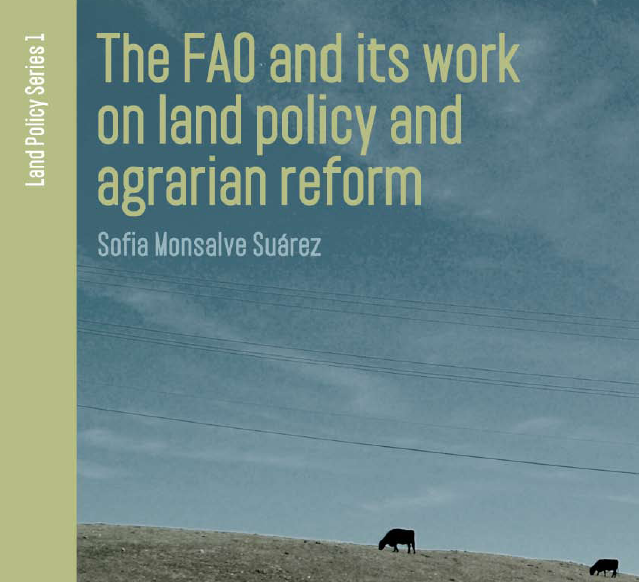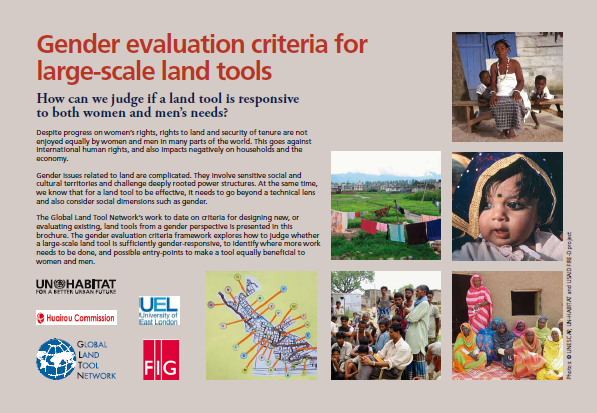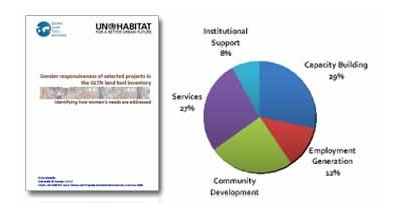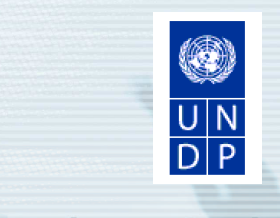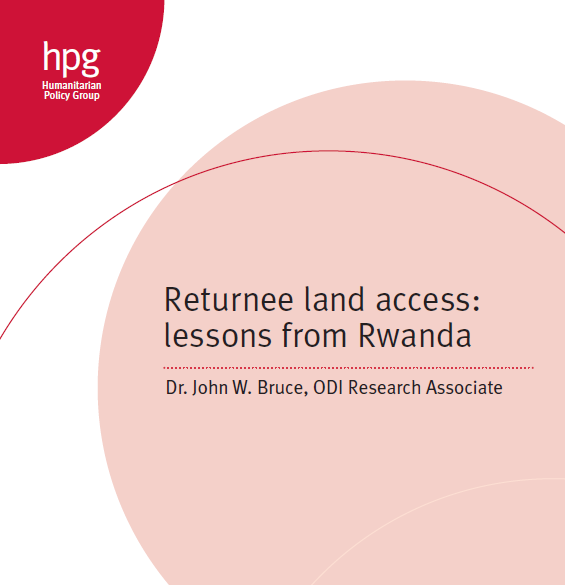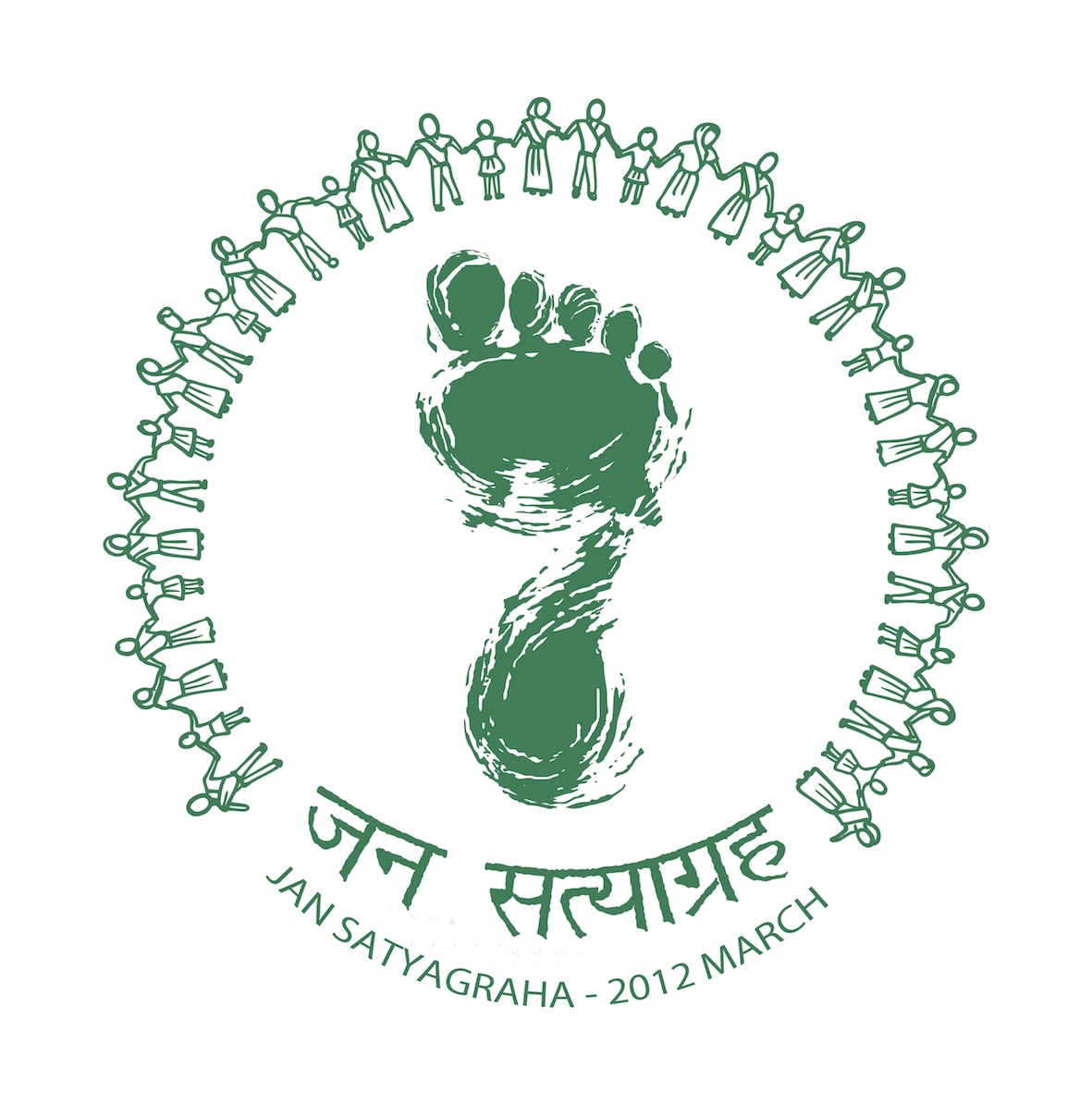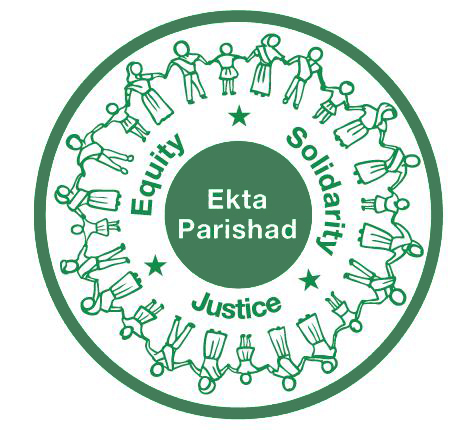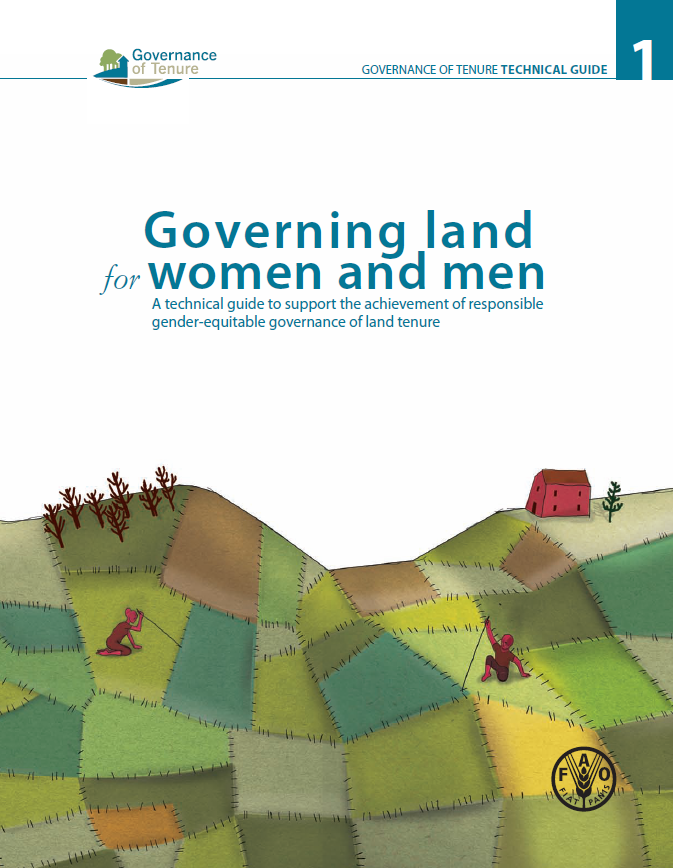The FAO and its work on land policy and agrarian reform' outlines FAOs stance on gender and land rights
[September 2008]
Within this report, the FAO outlines its efforts to reinforce local institutions and promote policies and legislation that aim for fairer access for both women and men to natural resources (particularly land, water, fishing and forestry) and to the relevant economic and social resources.
It goes on to approach the reasons why land tenure should be taken into account in project design, highlighting ecological issues, questions of gender, conflict and migrations, and the relationships between them.

